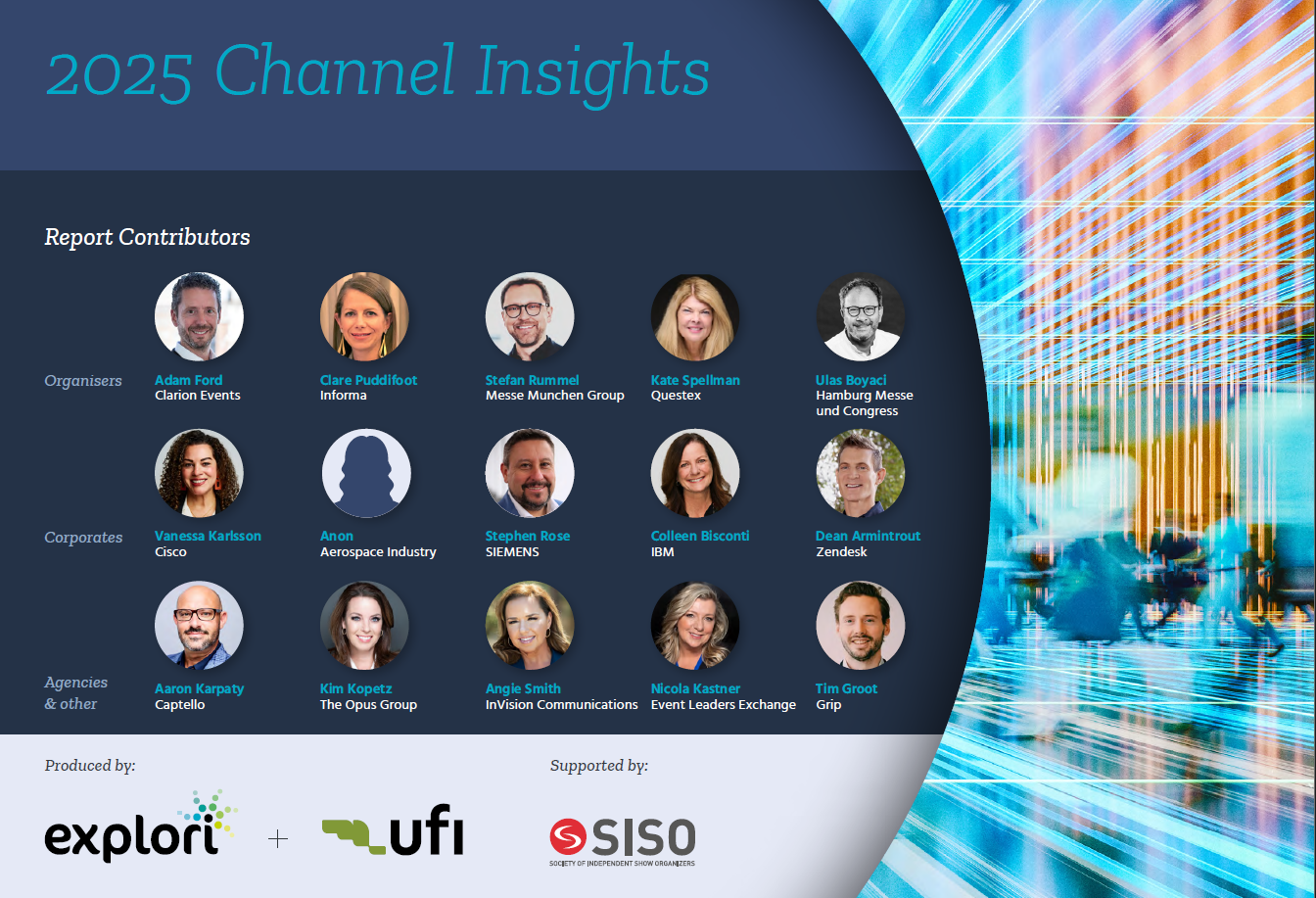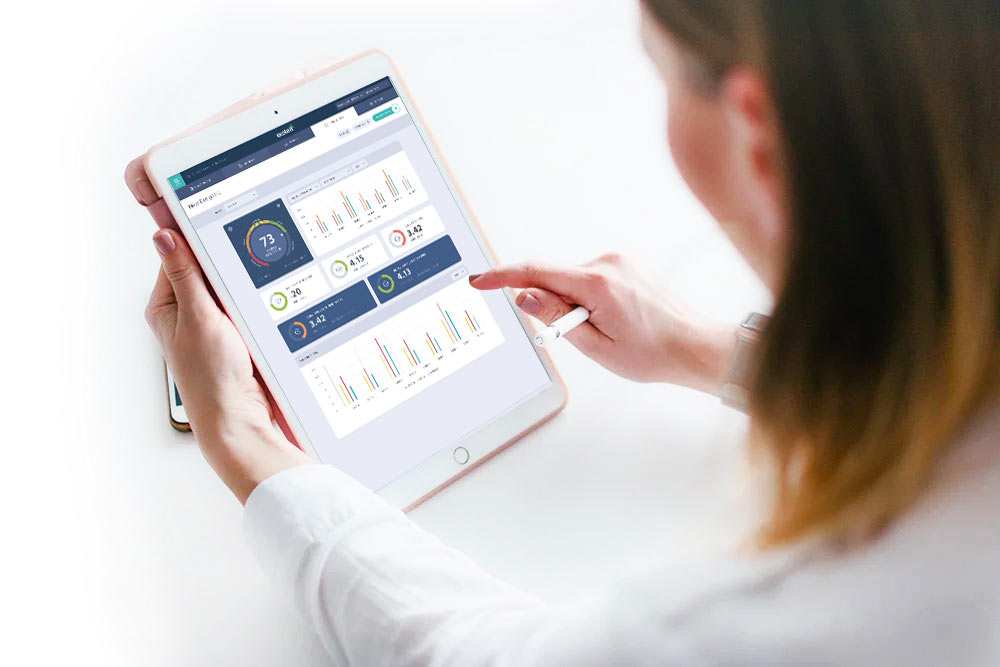Are your virtual events fulfilling their objectives?
At the beginning of the pandemic, event profs were in firefighting mode and worried about the impact it would have on their jobs.Though in some parts of the world live events have returned, many other countries are still stunted by government and travel restrictions.
The ‘pivot’ to virtual was a swift one with many rising to the occasion. Planners were forced to learn by doing. Whilst some of these early experiments failed the result has been the creation of some exceptional online events which demonstrate the core value of events; delivering unforgettable experiences.
I attended my first hybrid event in July. An event I have been desperate to attend for years but could never quite stump up the money to go. They were going hybrid with a 4-day, 12-hour long conference and I was not going to miss it.
What made that experience so engaging that I stayed glued to my laptop for the entire conference?
The energy of the presenters was palpable, the interaction with the audience, and seeing everyone’s videos on those curved IMAX screens. Every hour we got up and jumped up and down to some music so our bodies and brains didn’t fall asleep (sorry downstairs neighbours). And just like that a 4-day, 12-hour long conference came and went and I closed my laptop feeling energised (said no one ever after a 4-day conference!)
Being the event nerd that I am, I left that event wondering...
What purpose/goal/mission were the organisers pursuing when they decided to take the risk of running this event? Were they looking to drive sales, raise brand awareness, increase brand affinity?
I felt I had met my objectives but how could they, or any other organiser, measure my energy and excitement to understand whether or not the event had fulfilled its stated purpose?
They did some up-selling where they provided an opportunity for attendees to purchase another course. This could have been the main objective for putting on the event. But not signing up for the upgrade doesn’t mean I had a bad experience.
Therefore the organiser might look to my willingness to refer. They can measure my likelihood to recommend the event to family and friends using the popular Net Promoter Score. But again it doesn’t give the organiser a complete picture of my experience and the overall impact of the event.
So what will?
Here are 3 ways you can distil the experience of your attendees into metrics from Explori’s free Event Impact Playbook.
If you want to get to the heart of your attendee’s experience you should try to measure these three things in your feedback survey:
- Cognitive impact
- Impact on sentiment
- Behavioural intention
Cognitive impact
What is the change in knowledge and understanding we would like to happen as a result of our event?
Cognitive feedback questions will help you understand if your event succeeded in delivering the main communication points ie. the new features of a product. Did the necessary knowledge transfer occur?
Impact on sentiment
How should attendees feel after they leave our event?
Sentiment feedback questions provide the perfect opportunity to learn how your event has impacted brand perception. Do attendees feel like your company cares about the needs of its customers and employees? Or do they agree that your brand embodies the core values it promotes?
Behavioural intention
What is the behaviour we intend attendees to take as a result of attending our event?
This is particularly important for events which are part of a long communications/sales cycle. Within a week of the event you’re able to understand what behaviours your event has influenced. Are attendees more likely to purchase, remain employed or recommend your product/service? Behavioural intention is where you see the tangible value of your events for your business.
Let’s look at this in the context of my first virtual/hybrid event experience.
Just because I didn’t upgrade to the next course doesn’t mean the organiser failed in their objective. If they measured my behavioural intention they would be able to see that I intend to participate in their next live event. Through my sentiment score they would discover that I absolutely agree the company helps individuals and businesses succeed. And my cognitive score would highlight they had successfully communicated the message that ‘everything you need to succeed is already within.’
There is so much more when it comes to measuring attendee experience that I haven’t shared here. And if you’ve read so far into this article, please tag a friend or colleague who you think would find it interesting/useful. For a full list of attendee experience metrics you can measure for your next virtual/hybrid event, download the free Event Impact Playbook
.png?width=150&height=61&name=explori_logo%20(1).png)


